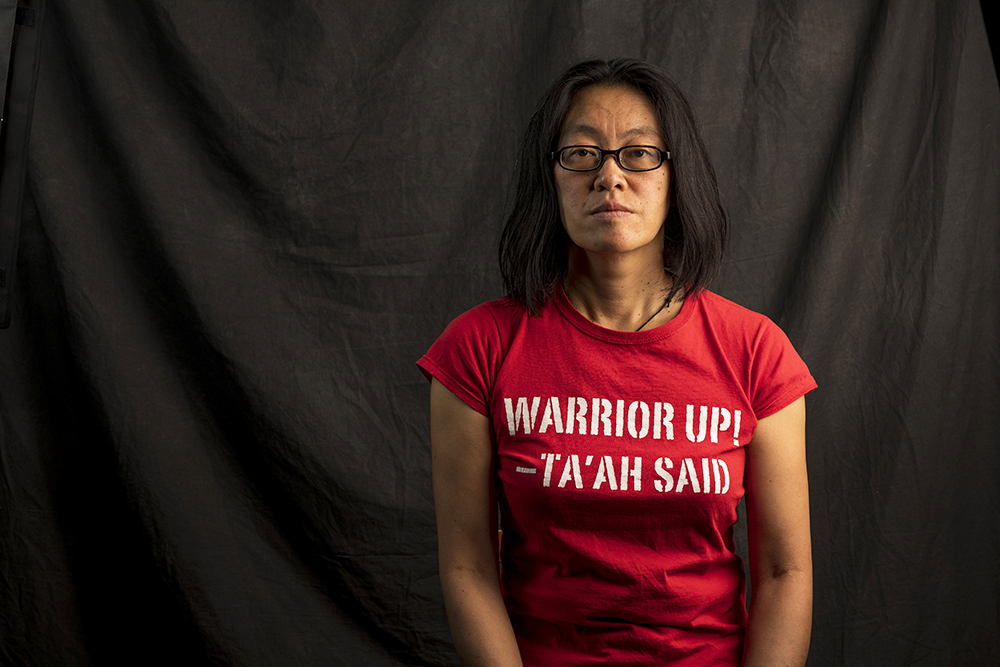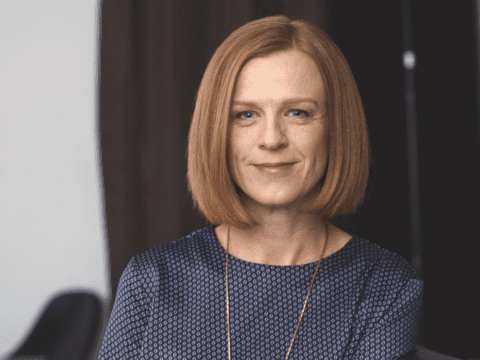Rita Wong’s poetry incorporates themes of social justice and ecology, and she believes “you have to live by your words.” In August 2018, while demonstrating at a Kinder Morgan work site in British Columbia, she was arrested and later sentenced to 28 days in prison. She spoke with Alex Mlynek.
Background: The health of the land and the natural dynamics of the rivers are something that if we as humans can learn to live with, we might have a chance at staying on this planet. My work has been around water, and the two big things that I’ve spent my time on in the last few years are trying to stop the Site C Dam, and opposition to the expansion of the [Trans Mountain] pipeline. What ties everything together is the health of the water, and love and respect for the water.
You may unsubscribe from any of our newsletters at any time.
Ceremony, not protest: Protest is a reactive term. The most important part of it is actually that you’re upholding Indigenous law; you’re upholding Coast Salish law. And so I always try to say, well, we’re just reasserting laws that were already here.
We’re in a colonial system that’s always trying to turn everything into a resource to be extracted. But the Coast Salish way of thinking about it is that you’re in a reciprocal relationship with the land. In the way that you wouldn’t exploit or sell your mother, you wouldn’t do that to the land either. So, it’s not just a protest, it’s more a return to Indigenous ways. And when I say return to Indigenous ways, I think that that is being led by Indigenous peoples, but it also is inclusive of non-Indigenous people.
More on Broadview: Moose Hide Campaign is for all Canadians: co-founder
The power of art: I believe people have a lot of capacity to be creative and to be generous and to be compassionate with each other. But like any system, you have to nourish those things. When we look at the violence of the systems that we live in under capitalism, there’s a lot of denial of what people are capable of. And also, a sort of reduction of people into basic economic units or consumers. When people are more fully themselves, they’re actually more fully able to serve their communities.
Prison: I was familiar with prisons because I’ve come in as a volunteer, but to go in as an inmate is a very different experience. It’s meant to put fear in you.
There’s a systemic violence to the prison system that needs to be kind of acknowledged first. And the fact that prisons are mostly full of people who are struggling through addiction, trauma, poverty. I met some amazing women in there, women who survived residential school, abuse, rape, all kinds of violence.
I don’t think prisons are the best solution to those problems. I feel like society’s failed people by the time they get to prison.
While I was there, I offered a creative writing workshop. The women in there have a lot of things to say, and have very powerful voices. And I hope society would like learn from and listen to them. Just because you’re in prison doesn’t mean you don’t have something to teach.
What’s next: We still have a pipeline to stop and we still have a dam to stop. And I’ve tried to make it clear that stopping the pipeline isn’t about these sort of silly narratives around B.C. versus Alberta. I’m from Alberta. I was born in Calgary and I grew up in Calgary, and I understand and have felt the fear of the power of the oil industry. And the best gift I have to give back to Calgary… is to help people in that place transition off of fossil fuels. There was life before oil and there can be life after oil, but there needs to be a serious commitment to that shift and that transition.
This story first appeared in Broadview’s December 2019 issue with the title “Rita Wong.”
Broadview is an award-winning progressive Christian magazine, featuring stories about spirituality, justice and ethical living. For more of our content, subscribe to the magazine today.













